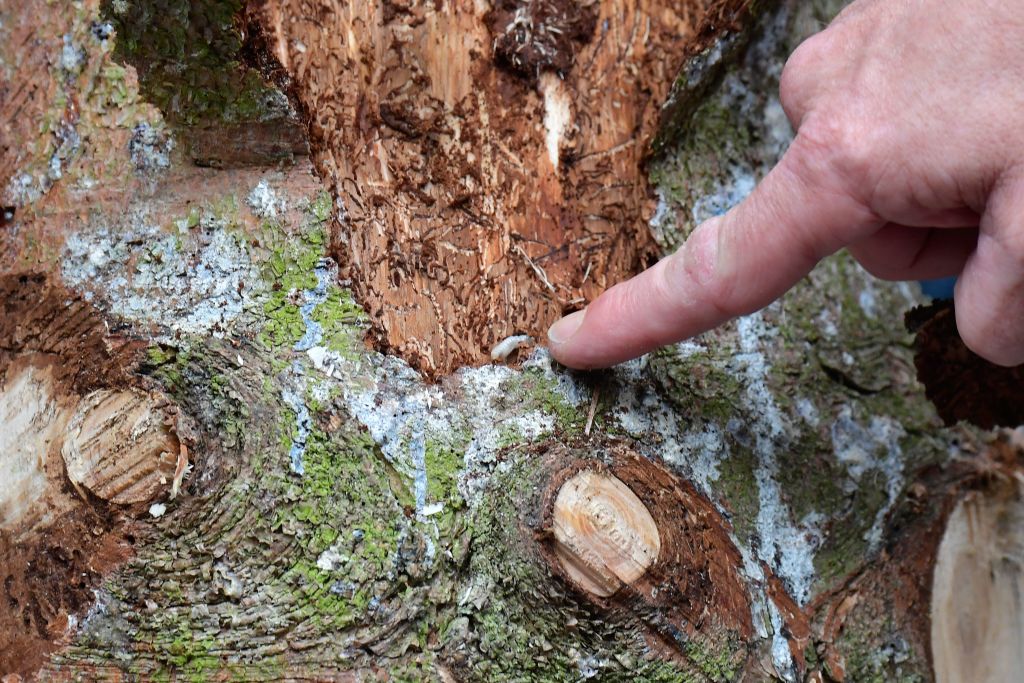
Johannesburg seeks to avert ‘ecological disaster’ from beetle-infested trees
Researchers and city officials in South Africa are racing against time to understand the extent of a beetle infestation damaging trees across the country that, if left unaddressed, could have a ripple effect on the climate, air quality and ecosystems.
The Polyphagous Shot Hole Borer (PSHB), indigenous to Southeast Asia, is a tiny beetle that drills holes into trees, depositing a fungus that can eventually kill its hosts.
Estimates of the infestation in Johannesburg, South Africa’s biggest city, range from 5,000 to well over 20,000 trees, while figures across the country are not yet known.
According to Jenny Moodley, spokeswoman for Johannesburg City Parks, trees – besides beautifying urban areas – store planet-warming carbon, filter air pollution, cool temperatures and regulate the climate.
“Removing them could impact the health of residents and the environment, as well as property values in the city,” she said, noting that cutting down the infested trees was a last resort.
The beetle infestation “could trigger an ecological disaster if not managed”, Moodley told the Thomson Reuters Foundation.
Researchers said the beetles had been spotted in nearly every South African province.
Environmentalists say protecting existing forests and restoring damaged ones prevents flooding, sequesters more carbon, limits climate change and protects biodiversity.

“Trees are a massive part of the urban landscape,” said Marcus Byrne, an Ig Nobel prize winner and entomologist at the University of the Witwatersrand in Johannesburg.
“They give us shade, clean pollutants, reduce movement of dust and cool the urban heat islands,” he said by phone.
Various solutions to the beetle problem have been proposed, including tree felling and chemical products, said Moodley.
But “no successful proof” has been presented for any one of them as a feasible strategy to roll out country-wide, she added.
“We have hit a stone wall,” she said.
The Johannesburg city website cautions residents against applying chemicals to infected trees, as doing so could contaminate ground water, destroy animal habitats and kill off pollinating insects like bees.






